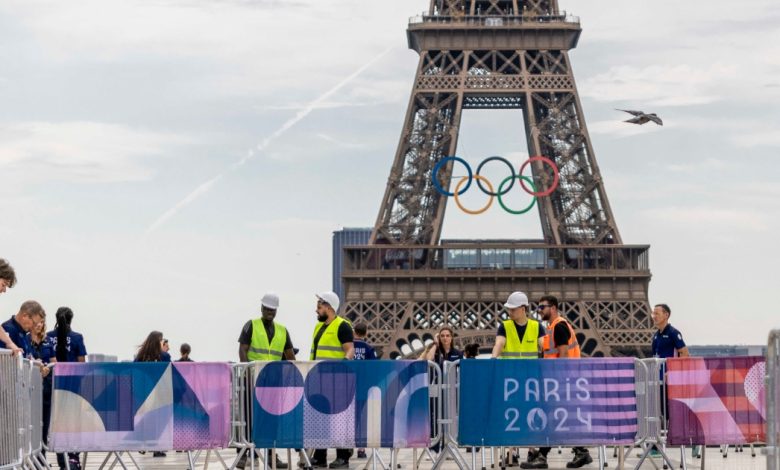Olympian blasts organizers after swimming in polluted river – ‘safety isn’t priority’

The 2024 Paris Olympics have been marred by controversy after athletes were forced to compete in the polluted Seine River. Triathletes, in particular, faced the daunting challenge of swimming through water contaminated with bacteria levels far exceeding acceptable standards.
ADVERTISEMENT
Despite assurances from organizers that the river had been cleaned up, numerous athletes reported feeling unwell after the event. Belgian triathlete Jolien Vermeylen was among the most vocal critics, accusing organizers of prioritizing the Games over athlete safety.
ADVERTISEMENT
“The Seine has been dirty for 100 years, so they can’t say that the safety of the athletes is a priority. That’s bulls***!” Vermeylen declared.
ADVERTISEMENT
🏊♀️🇫🇷 FLASH – L’eau de la Seine était de qualité insuffisante le jour où Anne Hidalgo s’est baignée. (France Info) pic.twitter.com/iqL7I4hfYW
— Mediavenir (@Mediavenir) July 26, 2024
Vermeylen’s firsthand experience with the filthy water was harrowing. “While swimming under the bridge, I felt and saw things that we shouldn’t think about too much,” she shared. The athlete admitted to ingesting contaminated water during the race, a risk she believed was necessary to compete.
The decision to hold the triathlon in the Seine was met with widespread criticism, especially after heavy rainfall exacerbated the river’s pollution levels. Organizers were forced to postpone the men’s triathlon due to the poor water quality. While subsequent tests indicated a “much lower” bacteria count, the damage had already been done.
The health risks associated with swimming in polluted water are well-documented. Exposure to harmful bacteria can lead to a range of illnesses, including gastrointestinal infections, skin rashes, and respiratory problems. Athletes who competed in the Seine were undoubtedly at increased risk of falling ill.
Olympic triathlons finally underway after delays due to Seine River E. coli levels https://t.co/k2NQ7j0L6i pic.twitter.com/jIOOa3tMqO
— CBS Sacramento (@CBSSacramento) July 31, 2024
The incident has raised serious questions about the adequacy of water quality testing and the prioritization of athlete safety in major sporting events. As the world watches the Olympics, it’s essential to remember that the pursuit of athletic glory should never come at the expense of athletes’ health and well-being.
The organizers’ decision to hold the triathlon in the Seine River has sparked a heated debate about the environmental impact of hosting such large-scale events. Critics argue that the focus on spectacle and prestige often overshadows concerns about public health and ecological sustainability.
It remains to be seen what consequences, if any, will be faced by the organizers for their handling of this crisis. However, the incident serves as a stark reminder of the importance of prioritizing athlete safety and environmental protection in future sporting events.




